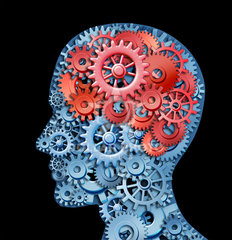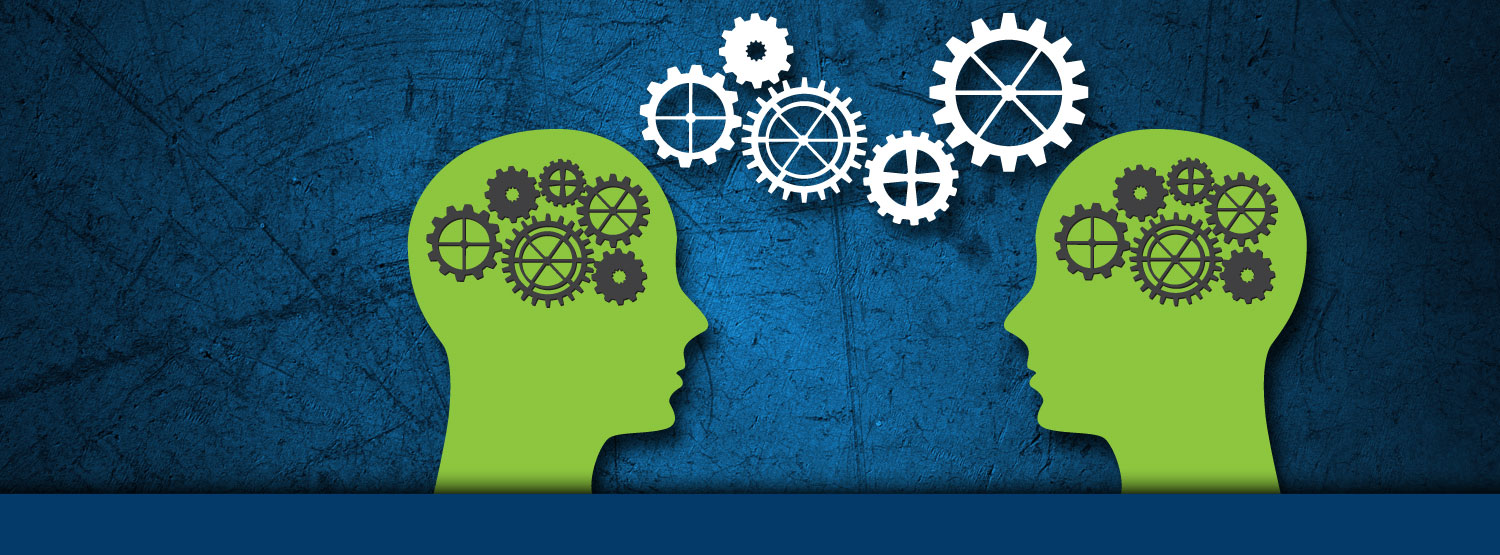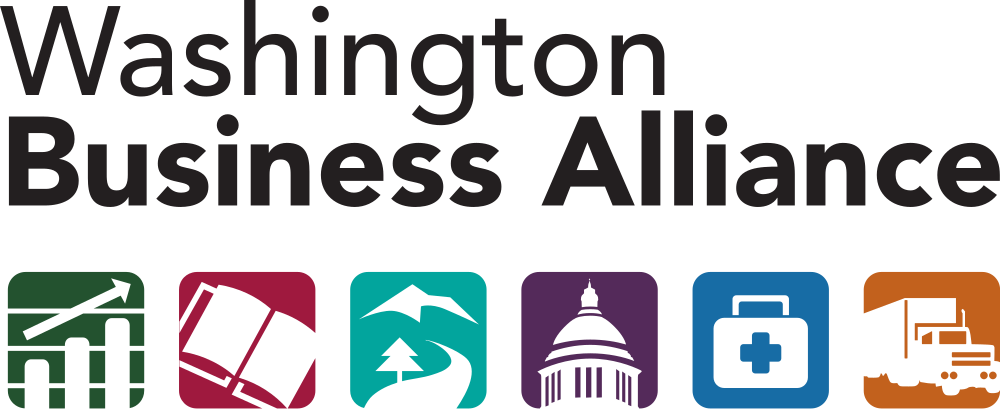 32.4% OR 75 MILLION AMERICANS EXPERIENCE A MENTAL HEALTH CONDITION EACH YEAR.
32.4% OR 75 MILLION AMERICANS EXPERIENCE A MENTAL HEALTH CONDITION EACH YEAR.
- Research conclusively shows that depression and other mental illness and substance abuse disorders are a major cause of lost productivity and absenteeism In the US an estimate of 217 billion workdays is lost annually because of lost productivity related to mental health issues costing employers $17 billion. The total loss due to mental health is between $79-105 billion per year in turnover, absenteeism and lost productivity
- The effectiveness of treatment for Mental Health conditions is well documented and has improved dramatically over the past 50 years. For most Mental Health conditions found in the workplace there is a range of well-tolerated and effective treatments. Effective treatment for mental health conditions will have a net positive impact on employees and your bottom line through increased productivity, less absenteeism, disability and a wide range of other definable indirect costs.
- The biggest barrier to employees seeking treatment for Mental Health conditions is stigma, In spite of increased awareness and openness about mental health conditions, the social stigma remains a significant barrier to well-being and may deter an employee from seeking help.
For Current Employees Treatment Works:
The negative financial impact of mental health disorders (and the stigma attached) on your business can be minimized by taking a few pro-active steps.
Here is what you can do to reduce or eliminate stigma in your business
- Educate yourself, managers and supervisors about mental health disorders.
- Calculate the cost of Mental Health conditions in your workplace, use free web based tools such as the depression and alcohol calculators (depressioncalculator.com and alcoholcostcalculator.org).
- Offer mental health screenings.
- Insure that your organization has a Mental Health friendly culture. Use the Mental Health Culture Assessment Tool here.
- Establish an Employee Assistance Program (EAP) or promoting the one you have. 65% to 80% of people with mental health disorders will improve with appropriate diagnosis and treatment (a better success rate than for cancer, heart disease or diabetes).
- Identify and partner with local community organizations or groups that provide mental health services or counseling. Go to dshs.wa.gov/dbhr/rsn.shtml for a listing of regional support networks.
Hiring Employees with Treated (or in Treatment) Mental Health Conditions is a Good Business Decision
The Society of Human Resource Managers (SHRM) conservatively estimates that it costs $4,020 to replace an employee who makes $9.19*per hour. That just covers advertising, screening, and interviewing. Training and lost productivity during transition runs the cost even higher.
If you are a small business owner/operator with limited HR assets, the cost and the frustration level can go even higher.
As an employer, your decision to hire any new worker comes down to one BIG question: “Will this person help me make, or save more money?”
With so much at stake, why take a chance on hiring someone who has been through treatment or currently receiving treatment for a Behavioral Health (mental health and/or substance) disability?
“Will this person help me make, or save more money?”
5 Solid, PROFIT-enhancing reasons to hire a person with behavioral health disability
- If you are a US Company and hire a person with a disability you may qualify for the Federal Work Opportunities Tax Credit amounting to $2,400 (WTOC renewed through 2014) Go to www.wa.gov/esd/wotc for forms and instructions to apply.
- If you are a small business that generates less than $1 million annually OR have less than 30 full-time employees you may qualify for The Disabled Access Credit of up to $5,000 to defray the cost of providing access to workers with disabilities.
- If hiring a worker with a disability will require your business to remove physical or structural barriers, there’s a tax deduction for that too. Up to $15,000 per year from the Architectural Barrier Removal Tax Deduction to cover expenses incurred in removing those barriers. POTENTIAL BONUS – If you will need to remove a transportation barrier, you may also qualify for the Disabled Access Credit.
- If you are recruiting your new hire through the Washington State DSHS Division of Vocational Rehabilitation or a local Supported Employment Organization, you will receive pre-screened applicants and, you may qualify for funding to offset your training costs during the first three months a new employee is on the job.**
- If your job candidate is a veteran with a service-connected disability, you may be eligible for an added $2,400 Work Opportunity Credit AND a VA Reimbursement equaling up to 50% of your new employees salary over 6 months*
In Addition…4 more revenue-enhancing reasons
- Expand your market. Customers with disabilities, including behavioral health disabilities, their families, friends and associates represent a trillion dollar market segment. A large percentage say they prefer to patronize businesses that hire people with disabilities.
- Reduce turnover costs. As a group, people who have gone through treatment for behavioral health disabilities have higher than average retention rates, meaning fewer turnovers and less expense for you.
- Innovation and problem solving skills are highly prized. People with behavioral health disabilities are innate problems solvers – they have to be – and they bring that ability with them to work.
- Individual training may also be part of the deal if you are working with the Washington Division of Vocational Rehabilitation or one of the many Supported Employment agencies throughout the state.
Stigma Is the Biggest Disability
Stigma is the aura of shame and blame that surrounds people who experience Mental Health Conditions
Myths reinforce Stigma. Despite an overwhelming amount of research to the contrary, there are several enduring myths attached to mental health disorders and the people who have them:
Myth – Character Flaw many people think that mental health disability is a choice (particularly with substance disability.) That people can “decide” to be happy when they are depressed by replacing negative thoughts with positive thoughts or, just “pull themselves up by their boot straps.”
Fact – Mental illness and addictions are medical illnesses. They can be diagnosed and treated with medication, talk therapy or in combination. The American’s with Disabilities Act (ADA) considers mental and substance disabilities as “legitimate” as physical disabilities.
Myth – Can’t handle stress
Fact – All jobs are stressful to some extent for everyone.
Cognitive behavior therapy (CBT) is just one tool that can be used to help any employee deal with stress on the job. The stress of unemployment is far worse than the stress of employment.
Myth – Are unreliable
Fact – Employers who report hiring people who have had their mental health restored through treatment say they are above average in attendance and punctuality and are as motivated if not more as other employees.
Myth – Recovery is not possible
Fact – Long-term studies prove that the majority of people with mental health disorders who seek and maintain treatment show genuine improvement over time and lead stable productive lives.
Myth – They are violent News reports, movies or entertainment television often portrays or infers that people with mental health disabilities are violent. Or speculate that people who commit violent acts MUST have mental health disorders.
Fact – A scholarly review of research done by Cornell University indicates that “none of the data give any support to the sensationalized caricature of the mentally disordered served up in the media.”
Great Minds @ Work is a component of the Becoming Employed Starts Today (BEST) Mental Health Transformation Grant. TheBEST project is providing Evidence Based Practiced Supported Employment and Individual Placement and Support (IPS) services to adults receiving Regional Support Network (RSN) funded outpatient mental health services due to serious mental health issues and may include those with co-occurring mental and substance abuse disorders.
Funding Disclosure: Great Minds @ Work is a joint project of the Washington Business Alliance and Washington State Division of Mental Health and Recovery. Funding for this project received through the Becoming Employed Starts Today (BEST) grant from Substance Abuse Mental Health Services Administration (SAMHSA) Grant Award Number: SM061705
Learn more at greatMindsAtWork.org

